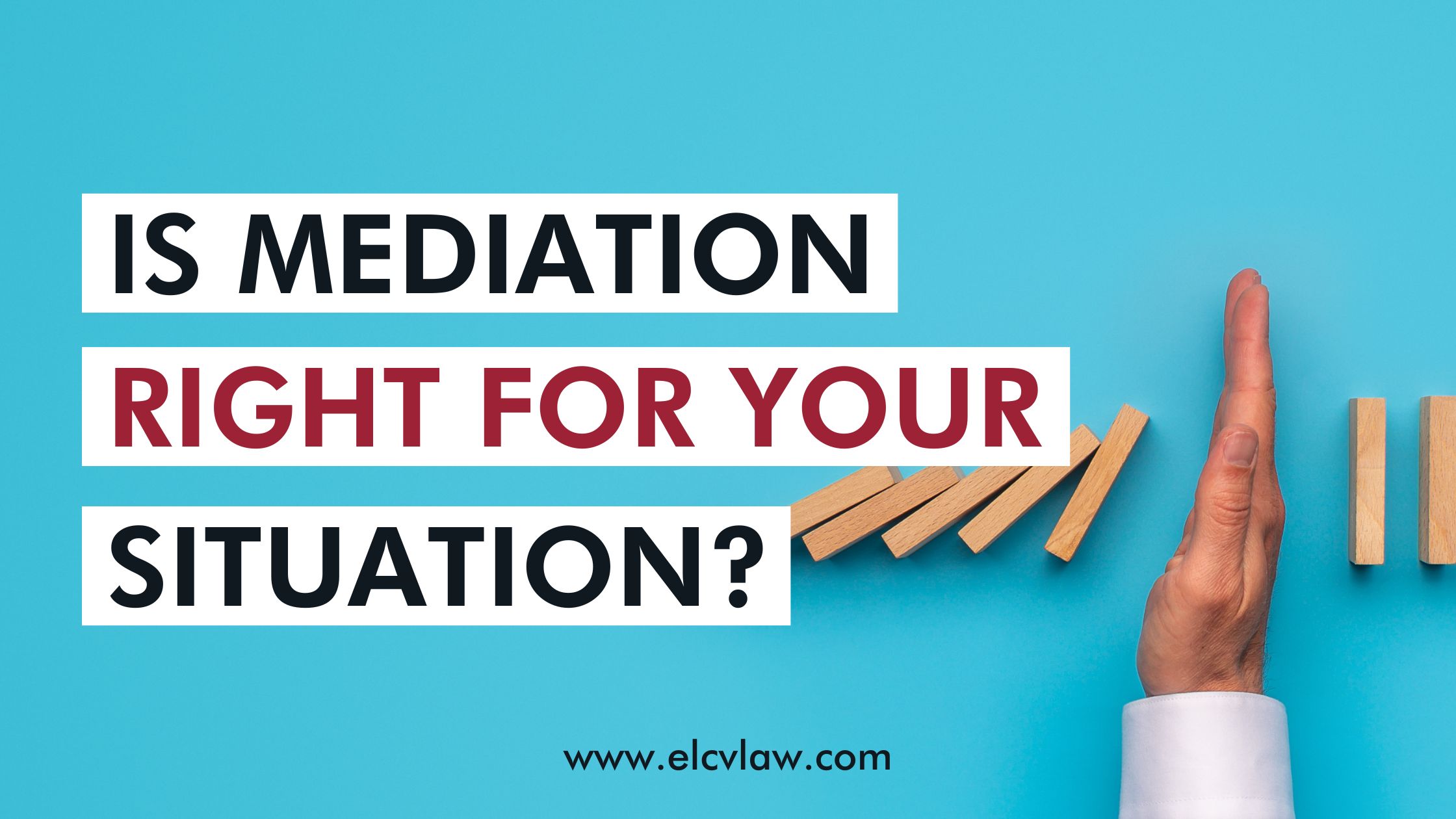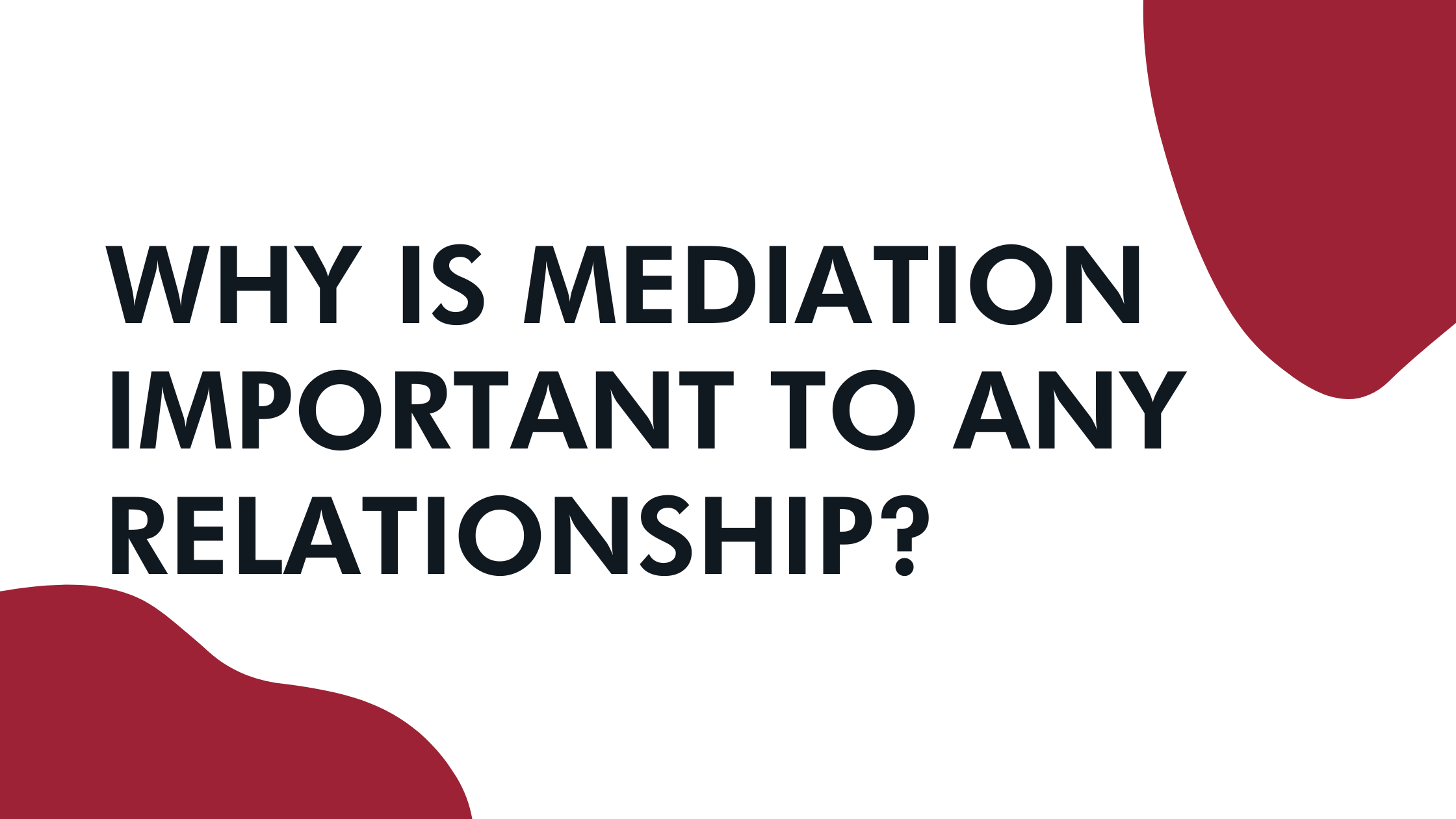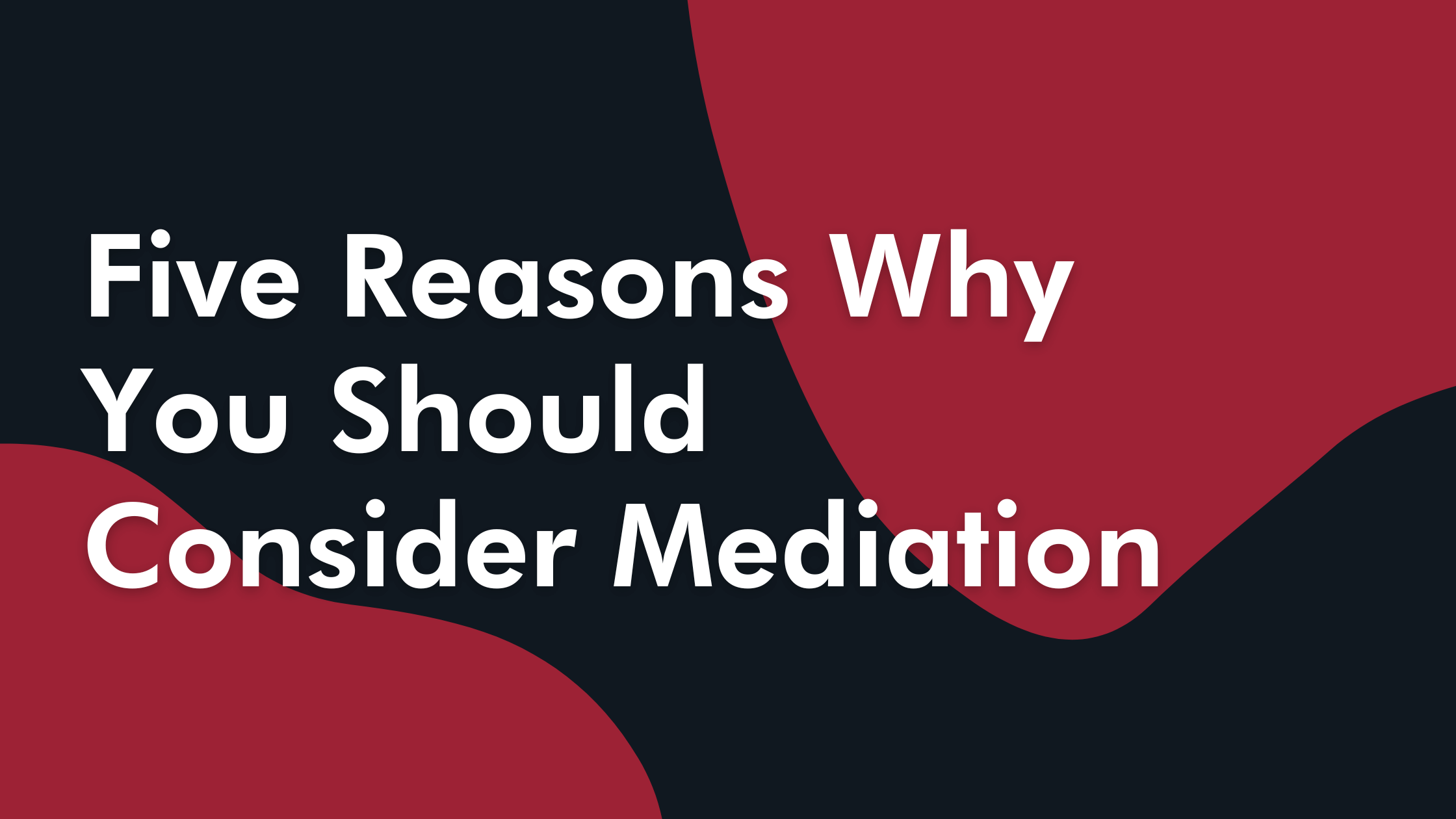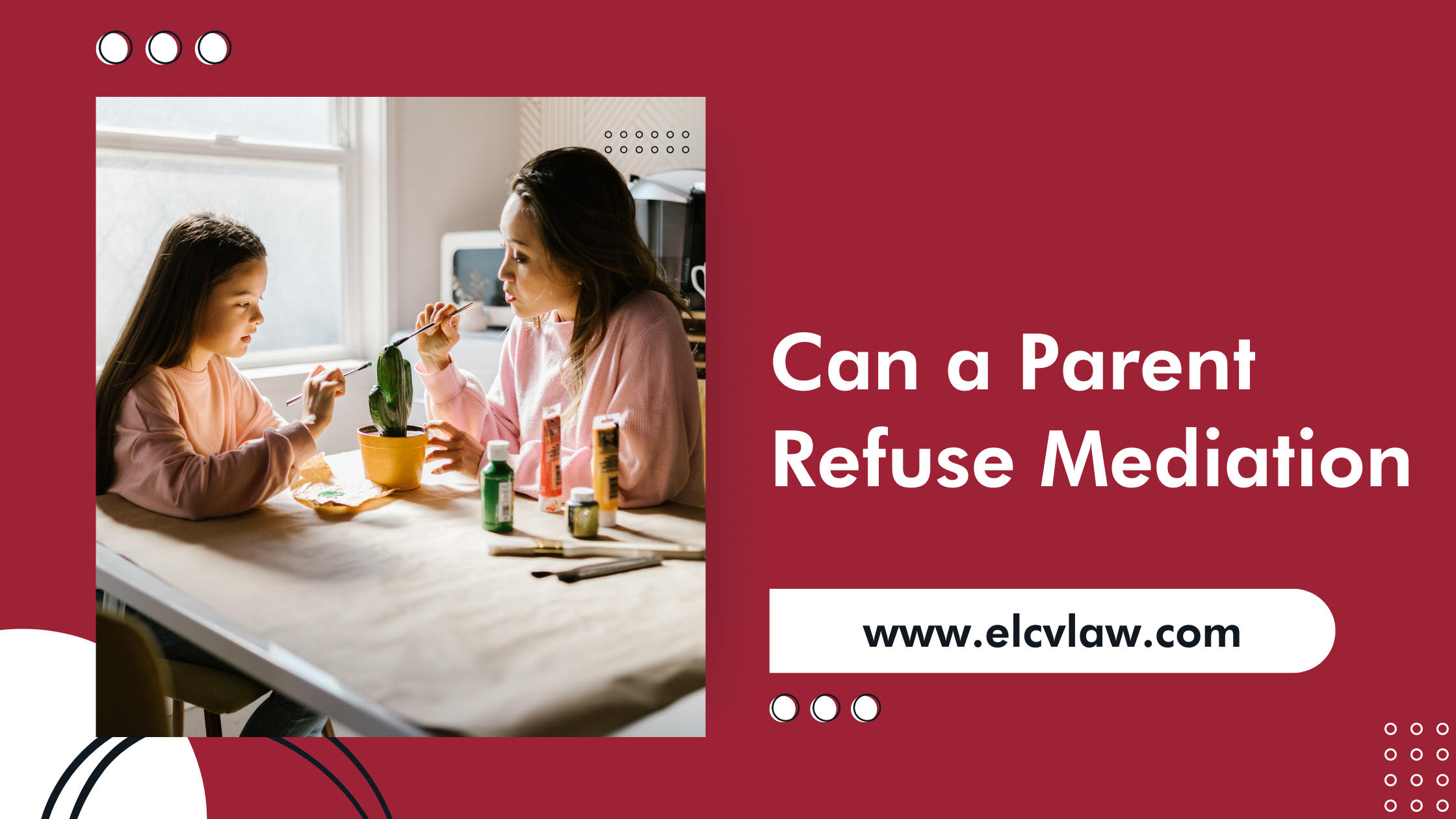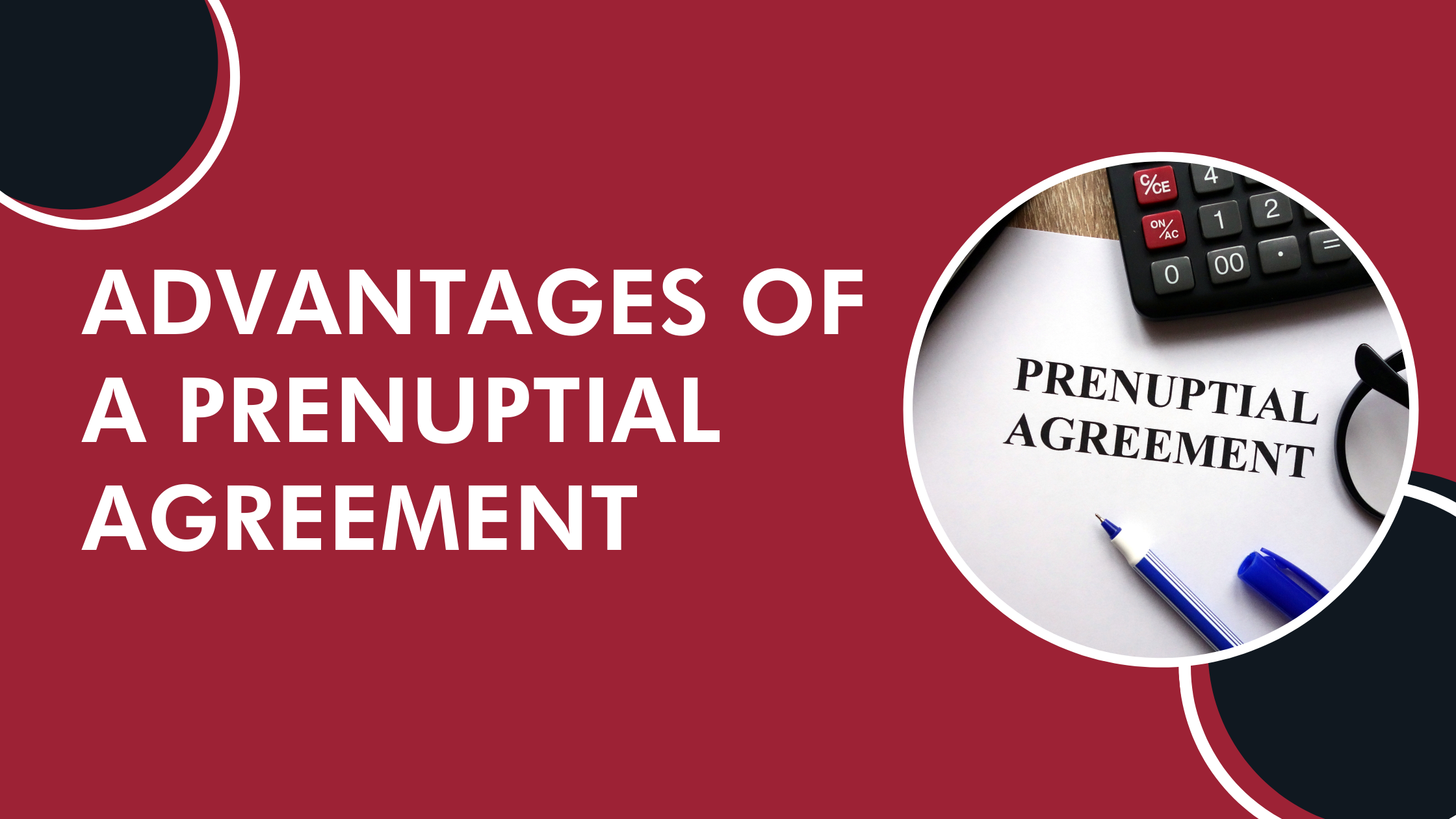October 6, 2022in Mediation
What are the 5 Steps of Mediation?
What are the 5 Steps of Mediation?
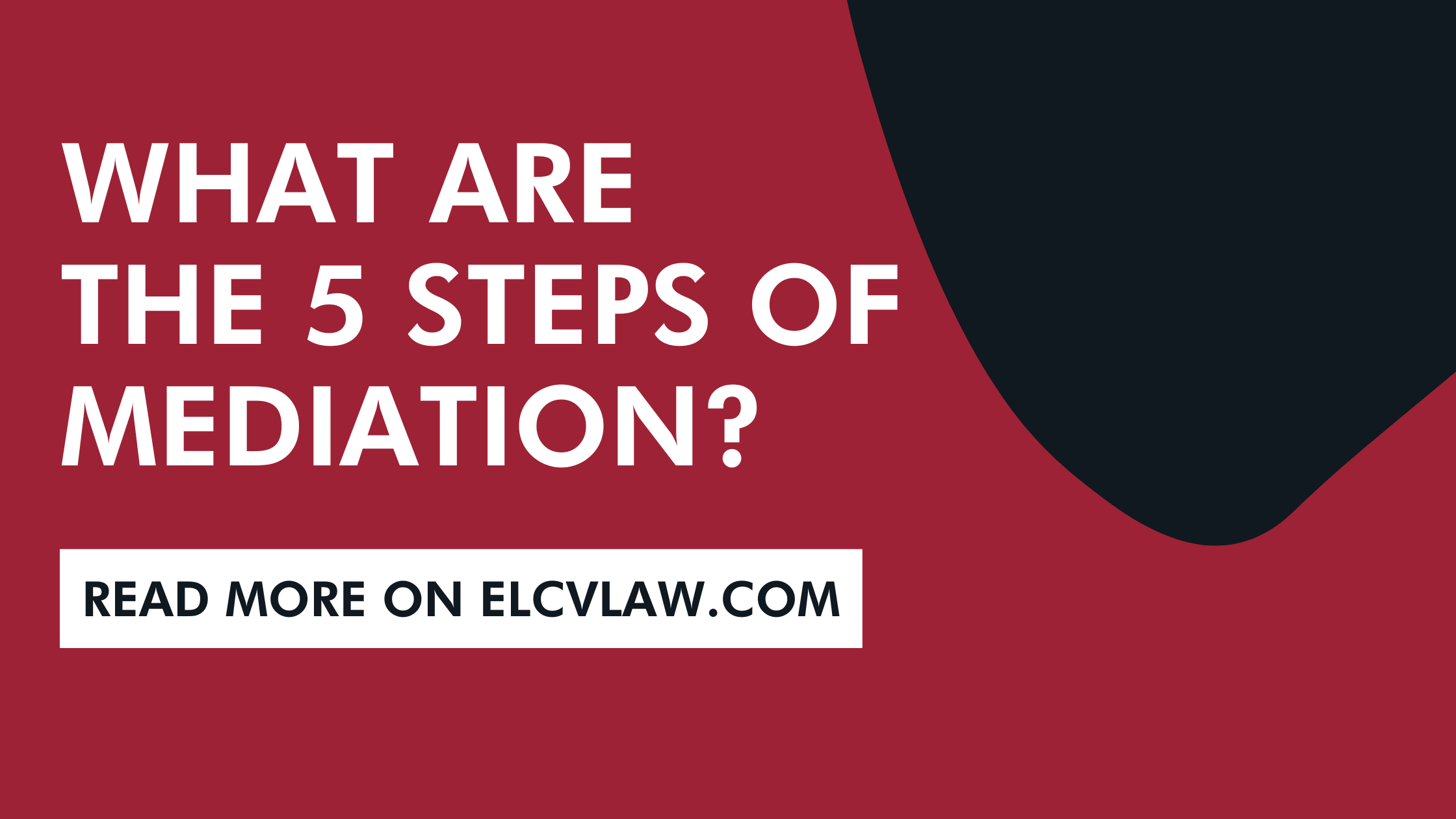
Mediation can provide a less expensive and more civil alternative for many legal issues that might otherwise result in court proceedings. This option is especially true for a divorce. Divorce proceedings in court have the power to rip a family apart and degrade all relationships.
Mediation generally involves a licensed neutral third party who will help the two sides reach an agreement outside of court. Conducting this process usually involves five steps: the introductory stage, information gathering stage, framing/problem identification stage, bargaining stage, and the settlement stage. Read on to learn more about how this process works.
1. Introductory Stage
The introductory stage is the first stage in the divorce mediation process. The two parties must have their initial meeting with the mediator. The mediator will lay out the ground rules for the procedure. The mediator will discuss the rules and expectations for both parties.
Part of the introductory stage is the assurance by the mediator that they are a completely neutral party who is not predisposed to favor one side over the other. The mediator will get to know each side before proceeding further. The mediator will ask both parties what they view as the problem and what they hope to get out of the mediation.
2. Information Gathering Stage
At this stage, the mediator must gather all relevant information about the case and the parties, including but not limited to assets such as homes, cars, boats, and all property owned by both spouses. The mediator must also hear about insurance policies, debts, or obligations to any outside party. During this stage, you must provide the mediator with financial statements so that they can adequately evaluate each party’s financial situation.
This stage can take multiple sessions, depending on the complexity of your family’s shared assets. Your mediator will ensure that they properly explain how your state’s law may affect things like asset division. Different states have unique legislation about what exactly should be divided up during a divorce.
3. Framing/Problem Identification Stage
The framing and problem identification stage begins after the mediator knows all relevant facts about the dispute. Here, the mediator will help each party flush out their reasons for wanting various assets as well as their concerns and questions. As part of this, the mediator will discuss what they feel the heart of the issue is and how it may be resolved.
This stage is generally fluid with the next, known as the bargaining stage.
4. Bargaining Stage
In the bargaining or negotiating stage, the mediator will attempt to provide solutions that make each party happy. This part of the process will likely mean that the mediator will give you and your spouse various options for how they see you divide your assets.
In caucus, the mediator will put a proposed settlement on the table. Then, they will ask each side to attempt to amend the settlement until an agreement has been made. Depending on the success of this, “caucusing” can occur.
The bargaining stage can take a day or a few weeks, depending on how much you and your spouse disagree.
5. Settlement Stage
In the final stage of divorce mediation, both parties will reach a settlement. During this stage, the mediator will ensure that each party is clear on what exactly they are receiving and giving up as part of their settlement.
The mediator will put the settlement in writing and have all parties sign. Once this document is signed, the mediator will submit it to the court.
Family Law in Tucson
Erica L. Cossitt Volpiano P.C. is a licensed Divorce Mediator in Tucson, Arizona. ELCV LAW provides relief for families who cannot agree to stay in a relationship but do not wish to expose themselves to a messy and expensive court proceeding. Take control of your future, and set up a consultation with ELCV LAW today by calling 520-795-2235 or visiting our website at www.elcvlaw.com.
Disclaimer: The content in this article is for informational purposes only and should not take the place of actual legal advice. Not all circumstances are the same, and it is suggested that you should seek legal counsel if you need assistance in any of these areas.
